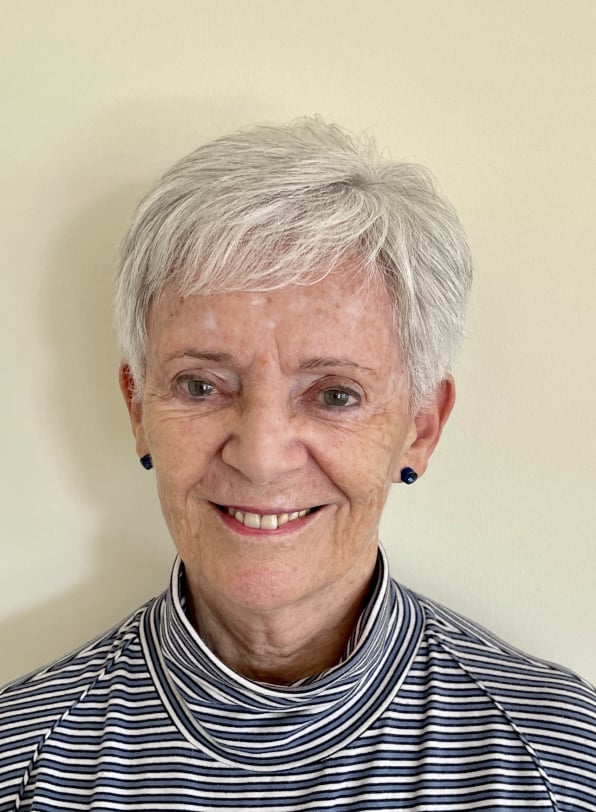Abstract
Obstacles to non-communicable diseases (NCDs) control in Hong Kong are identical to virtually everywhere in the world: the focus and funding of governments on curative medicine not prevention, lack of funds for research and intervention, lack of involvement by health professionals, lack of awareness of the magnitude of the harm, reluctance to intervene with “personal behaviour”, preoccupation with other issues such as wars or other health issues like COVID (which may cause far fewer deaths), misperceived economic concerns, and no understanding of the environmental consequences. But the greatest obstacle is the vectors – the unhealthy commodity industries – by their opposition to public health policy, their advertising, promotion and sponsorship, coupled with their financial might.
The talk will explore how for the last half century these industries in Hong Kong, along with their allies and political supporters, have attempted to hijack the political and legislative processes by challenging public health laws, to exaggerate the economic importance of the industry, to manipulate public opinion to gain the appearance of respectability, to fabricate support through front groups, to discredit the proven science and economic evidence, and to intimidate governments with litigation or the threat of litigation, or trade threats.
The School of Public Health of the University of Hong Kong has been central in countering these negative influences and turning science into policy, for example by undertaking sound research, speaking at seminars along with local and international experts, informing the media including press conferences, attending rallies at the Legislative Council, and lobbying government and legislative councillors. Most importantly, the School has been crucial in countering industry claims. These activities and influence have not been confined to Hong Kong but have extended to global and regional tobacco control activities.
Lessons learned are that health will never be improved in Hong Kong unless industry interference in public health policy is recognised and exposed. Non-governmental organisations and academia can expose industry tactics, but only governments can put a stop to it.
Finally, some solutions, and the need for new ideas.
